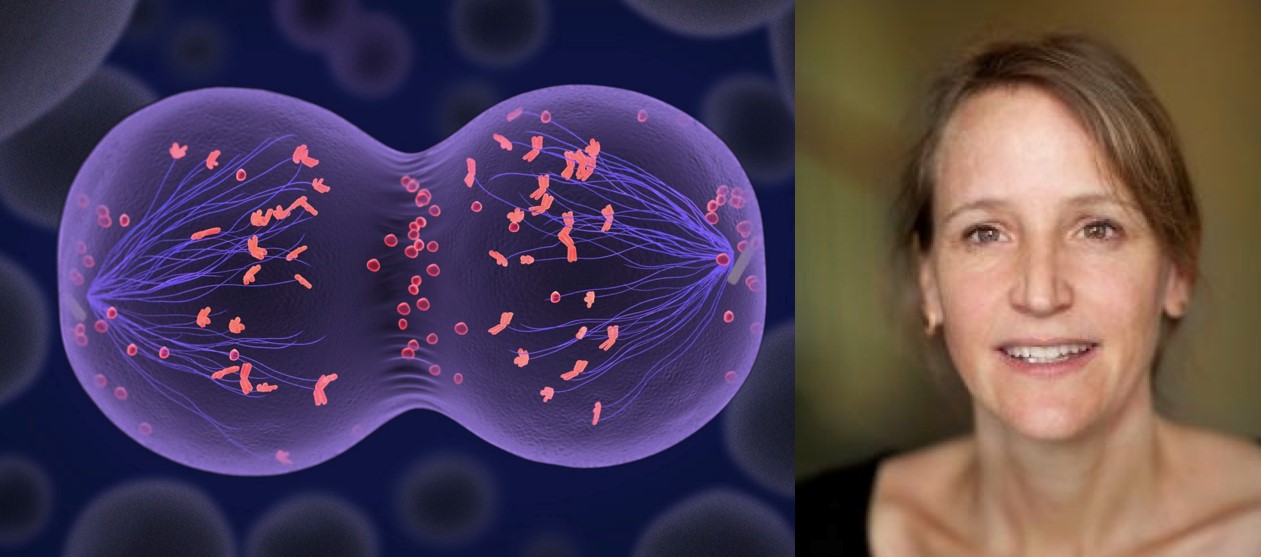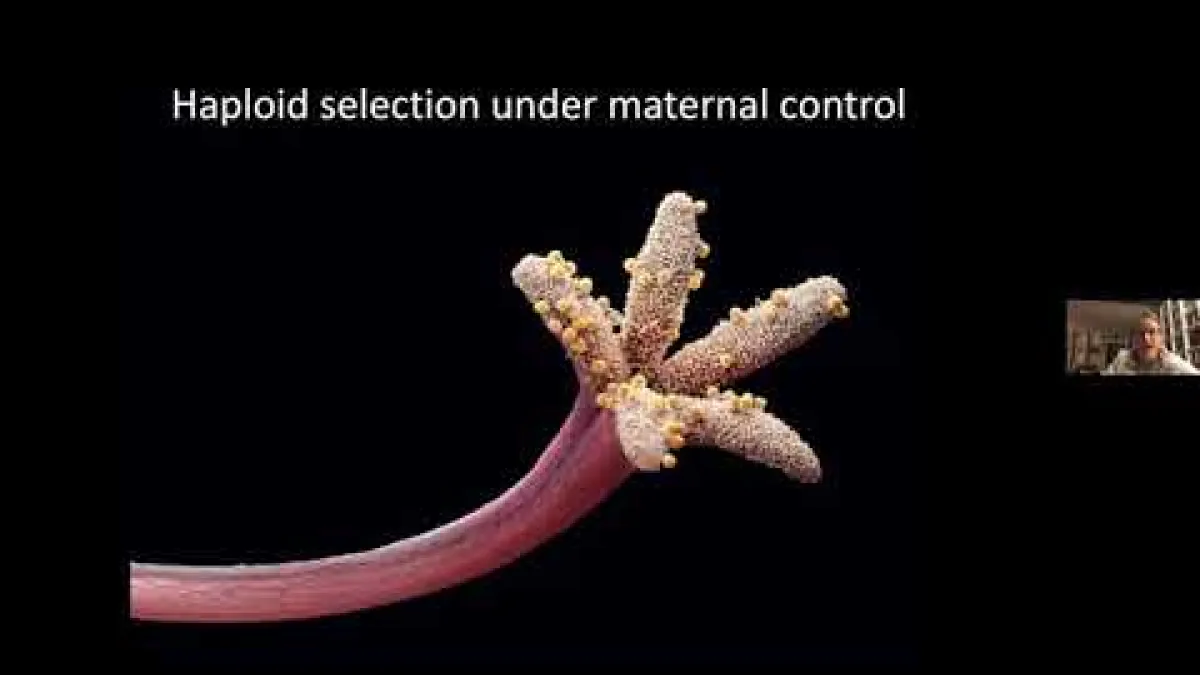E&E Webinar: Haploid gametic selection in animals and its evolutionary consequences
Biphasic life cycles with alternating diploid and haploid gametic phases are a traits shared by all sexually reproducing eukaryotes.
Speakers
Event series
Content navigation
Description

Biphasic life cycles with alternating diploid and haploid gametic phases are a traits shared by all sexually reproducing eukaryotes. Selection occurring during - even a short - haploid gametic phase may have substantial consequences for a wide range of biological processes including adaptation, inbreeding depression and sex chromosome evolution. While in plants, selection in haploid gametes is well established, in animals, the idea has remained largely untested. This is somewhat surprising given that particularly male gametes (sperm) are generally produced in large numbers but only few fertilise an egg offering an ideal opportunity for selection to act upon. We tested for selection on the haploid sperm genome in the zebrafish combining selection experiments with transcriptome and genome sequencing. We found clear evidence that the haploid sperm genome is more than just a silenced genome and selection at this stage has major fitness consequences for the following generations.
Biography
Simone did a PhD at the University of Sheffield (UK), followed by five years as a postdoctoral Fellow at Uppsala University (Sweden). In 2011 she was appointed to an associate professorship at Uppsala University. From 2017 she has been an associate Professor at the University of East Anglia (UK). In 2013 Simone was the recipient of a highly prestigious EU ERC Starter grant to look at haploid selection. Her work has ranged from studies of sperm competition in birds to haploid selection in fish.
Location
Please click this link to join the webinar:
https://anu.zoom.us/j/98203118636?pwd=dHV4anpwck15T1VObFY3bG5TdUh1Zz09
Passcode: 048799
Canberra time: please check your local time & date if you are watching from elsewhere


